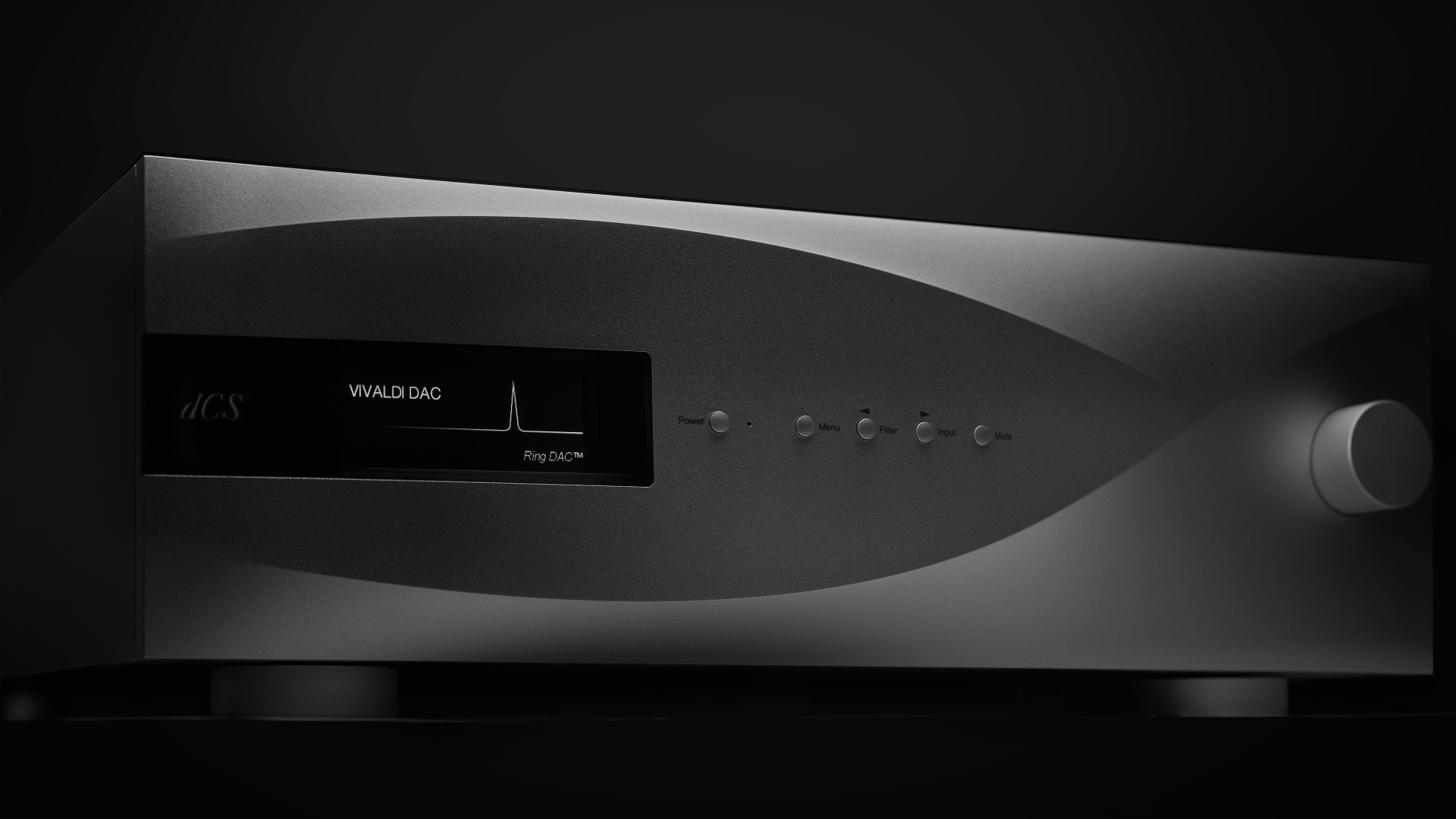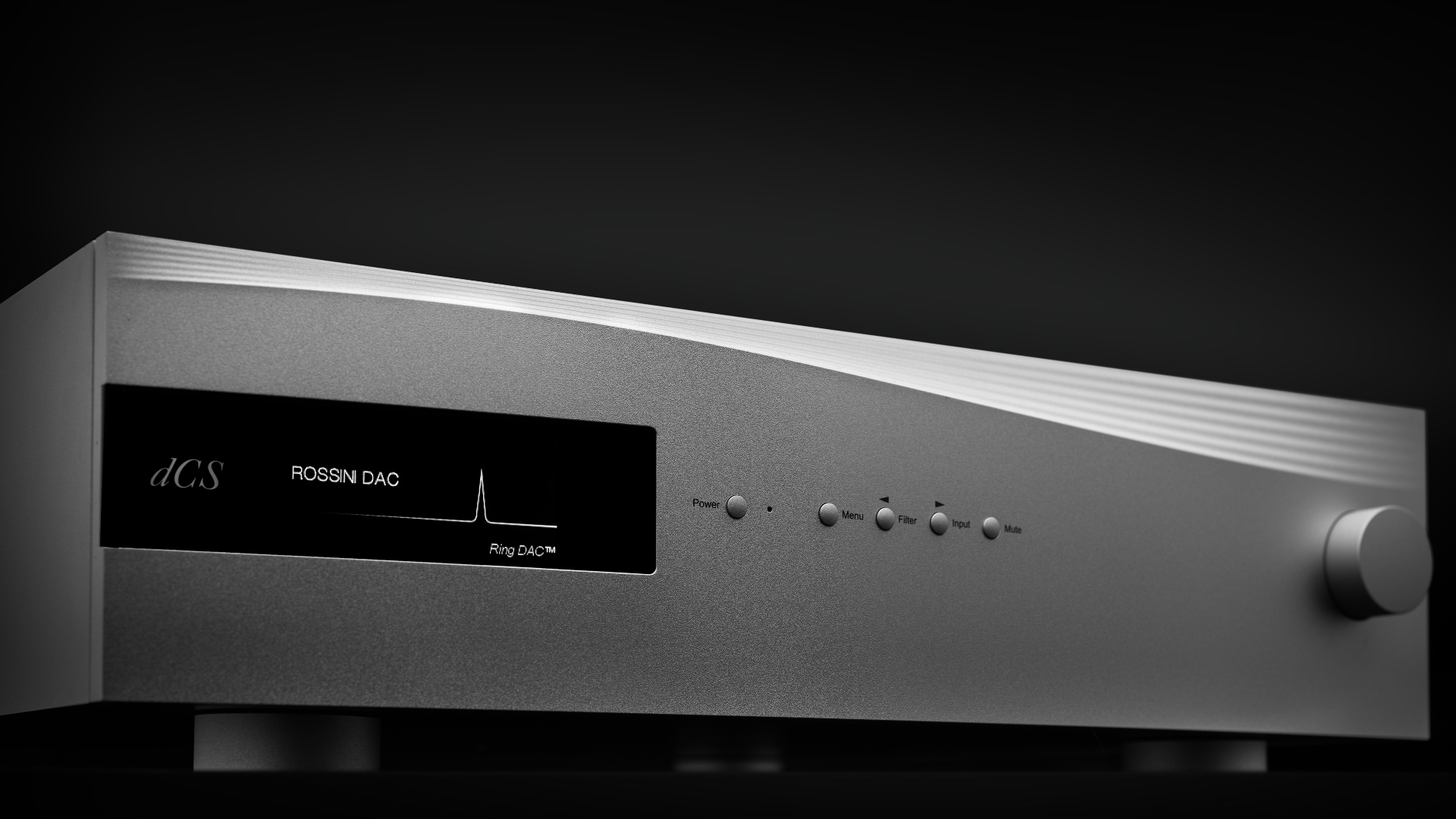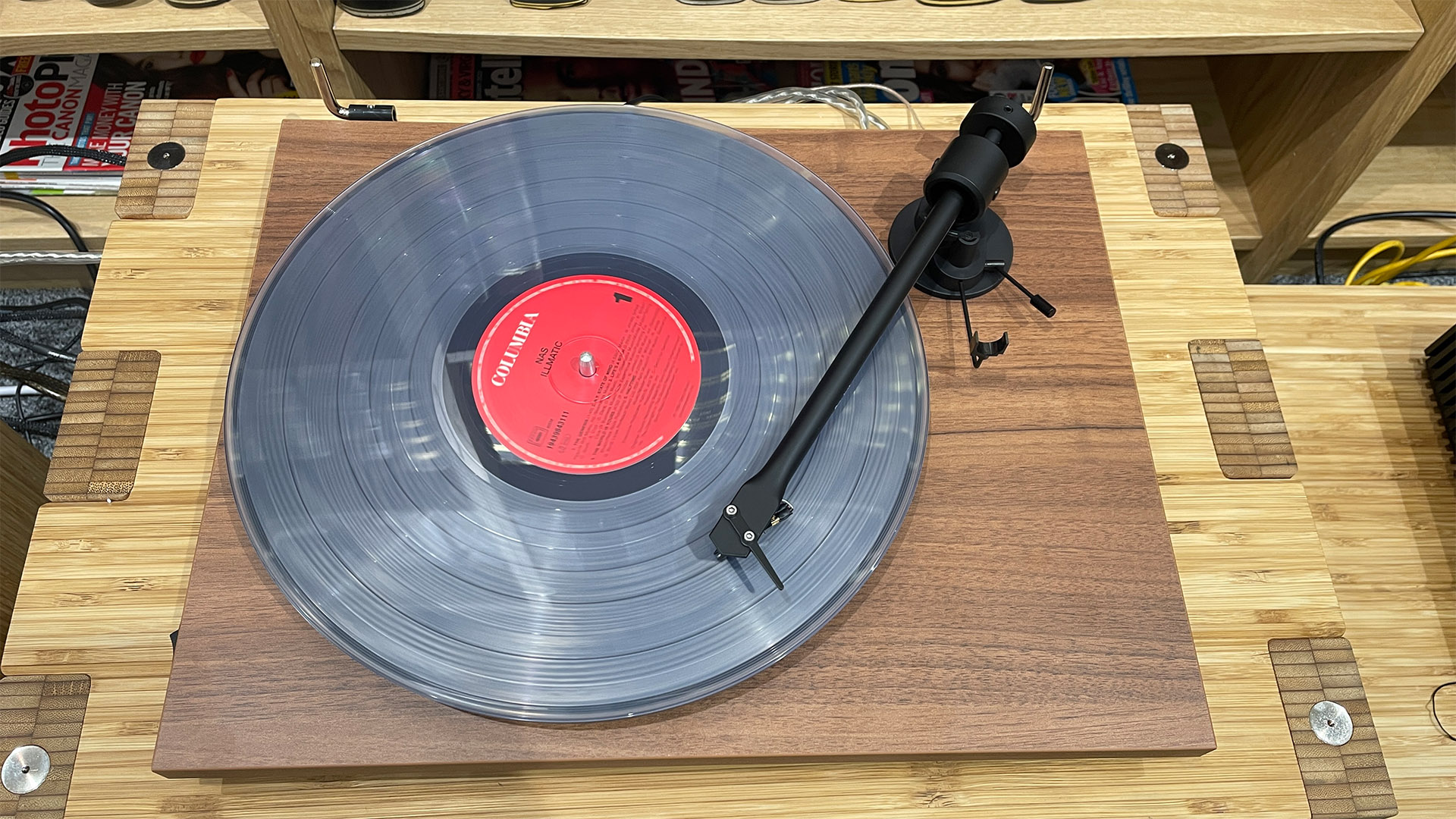dCS unveils next-gen Ring DAC Apex tech for its Vivaldi DAC, Rossini DAC, Rossini Player
Meet the dCS Vivaldi Apex DAC, Rossini Apex DAC and Rossini Apex Player

Regular readers will need no introduction to dCS (Data Cambridge Systems), but if you do need a quick refresher: dCS is a firm we rate so highly that not only does its original Ring DAC feature in our 6 of the best British hi-fi innovations roundup, we even went to see how the firm makes it, in 2017.
At the heart of every dCS DAC component is the revered Ring DAC (see above) – proprietary dCS technology, built from the ground up. Which brings us to dCS’s latest innovation and why you should care: the company has just announced its next-gen Ring DAC Apex.
dCS is releasing initial information now, including Apex editions of the Vivaldi DAC (main image), five-star Rossini DAC (new Apex edition pictured below), and Rossini Player, all launching in March, plus an upgrade programme for owners of existing Vivaldi and Rossini components, beginning in May.

Essentially, next month (on 4th March, to be precise) dCS will launch a new version of the Ring DAC for two renowned systems within the dCS product range: the Vivaldi and Rossini.
The Cambridge-based firm tells us that following extensive research and development, it has made some "major changes to the hardware portion of the dCS Ring DAC" including a reconfigured circuit board and an all-new analogue output stage.
The promise is reduced distortion, improved linearity and "measured and subjective improvements in a range of key areas".
In March 2022, the new dCS Ring DAC Apex will debut in the new generation dCS Vivaldi Apex DAC, Rossini Apex DAC and Rossini Apex Player – all featuring the new Ring DAC Apex hardware as standard.
Get the What Hi-Fi? Newsletter
The latest hi-fi, home cinema and tech news, reviews, buying advice and deals, direct to your inbox.
The company tell us it will also offer the Ring DAC Apex upgrade to existing Vivaldi and Rossini owners, through a global upgrade programme.
We don't have any confirmed pricing ahead of the official launch on 4th March, but watch this space...
MORE:
Time travel back to 1997 with our That Was Then… dCS Elgar Plus DAC feature
Looking for a portable headphone DAC? EarMen is taking on iFi with Colibri, a balanced, portable DAC for your headphones
Your cheat sheet on DACs: what is a DAC? And do you need one?
Becky has been a full-time staff writer at What Hi-Fi? since March 2019. Prior to gaining her MA in Journalism in 2018, she freelanced as an arts critic alongside a 20-year career as a professional dancer and aerialist – any love of dance is of course tethered to a love of music. Becky has previously contributed to Stuff, FourFourTwo, This is Cabaret and The Stage. When not writing, she dances, spins in the air, drinks coffee, watches football or surfs in Cornwall with her other half – a football writer whose talent knows no bounds.
